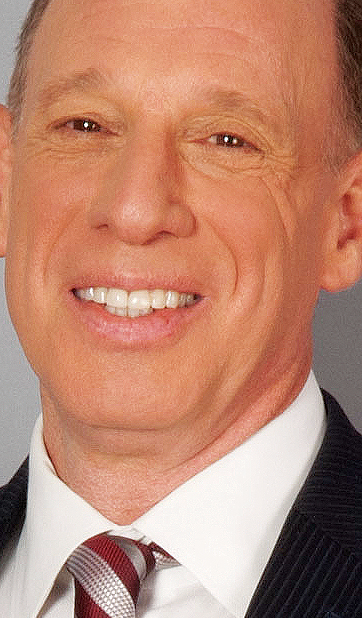 |
|
| Barach: Big diversified fixed income management firms tough to start |
“Hedge funds start up and close down every day. Boutique equity managers start a fund every day. But large diversified fixed income management firms are almost impossible to start,” observes Philip Barach, co-founder and president of DoubleLine Capital during a recent visit to Hong Kong, some 25 years since his last time in the city.
He remarks that most institutions have a number of their fixed income assets aggregated with a few managers, and he finds this kind of manager concentration somewhat risky. While institutional investors seek to diversify, few options are available to them. This might not be the case anymore. After more than four years since the 2010 launch of its first fund, DoubleLine is now offering a viable alternative for these institutions.
The asset manager itself is also seeking to diversify. Currently, its flagship Total Return Bond Fund – which Barach manages with the firm’s CEO and chief investment officer Jeffrey Gundlach – accounts for over half its US$49 billion assets under management (AUM). “Over time, our aim is to diversify to become a full service money manager,” says the DoubleLine president. It has branched out by launching new asset classes (including equities) and attracting new investors, such as those based outside the US. In September 2012, Nordea unveiled a UCITS version of its flagship fund.
The ongoing low yield environment – alongside regulatory trends – has also encouraged investors towards more diversification within their fixed income portfolios. “If you can create a somewhat diversified bond portfolio that’s generating cash flow yields of 4%-5% in an environment where cash is zero, and inflation is running at 1.5% – that’s a very attractive relative return,” explains Barach. As he puts it, “5% is the new 10%. Most bond investors these days are satisfied to get a 5% return, with the prudent management expected in fixed income”.
Barach believes that short-term rates are going to stay low for up to another five years. He explains that when 10-year US treasury yields went to 3% and the two-year was about 30bp, “that spread of 270bp, if you look at a long term chart, that’s about as positive sloped as the yield curve gets. So, it’s very difficult for long-term rates to go much above 3% unless people think the Fed is tightening”.
Markets reacted negatively on March 19 as US Federal Reserve chair Janet Yellen suggested that short-term rate increases might start in the first half of 2015. Before that, the consensus was for a rate hike in 2016.
Solid track records
A stable rate environment is positive for mortgage-backed securities (MBS), which account for the majority of DoubleLine’s assets and revenues. Lower rates increase prepayment risk while rising rates lead to slower prepayments. Figuring out the average life of an MBS requires detailed analysis, contributing to the economies of scale which make it difficult to establish fixed income management firms. The sub-prime mortgage crisis also highlighted the knowledge required to invest in the asset class, where pooled mortgages are sliced into tranches with different seniority – amplifying the losses that the least senior tranches may suffer in adverse conditions.
“The probability of the housing market getting into the same trouble as it did before is very remote,” offers Barach. “For a loan that originated in the last few years, the default rate is very close to zero,” he adds. Further, there has been a declining supply of non-agency MBS of some 20% per annum since 2007. The fund manager sees non-agency MBS offering some protection if interest rates rise, since they are priced at a discount for defaults.
Switching out of non-agency securities before the onset of the crisis added to the reputation of the then managers of the TCW Total Return Fund. Some 45 members of Gundlach’s 60-member team at TCW moved over to join DoubleLine when it was founded in December 2009. Since then, the firm has grown to over 100 employees. “Because of our team’s long-term track record at a prior firm, we were well known when we launched DoubleLine. Consequently, even though we were unable to officially transfer the old track records to DoubleLine, we were able to raise a lot of assets before our own strategies had developed their own long time track records”, says Barach. “By June of this year, three of our most popular strategies – MBS-centric total return, emerging markets fixed income, and multi-sector core fixed income – will have four-year track records and other strategies will reach their three-year anniversaries in the months and years ahead.”
Gundlach is often compared in the press to PIMCO’s Bill Gross, and is credited with having publicly warned of an impending disaster in the subprime mortgage market in 2006-2007.





.jpg)
.jpg)


